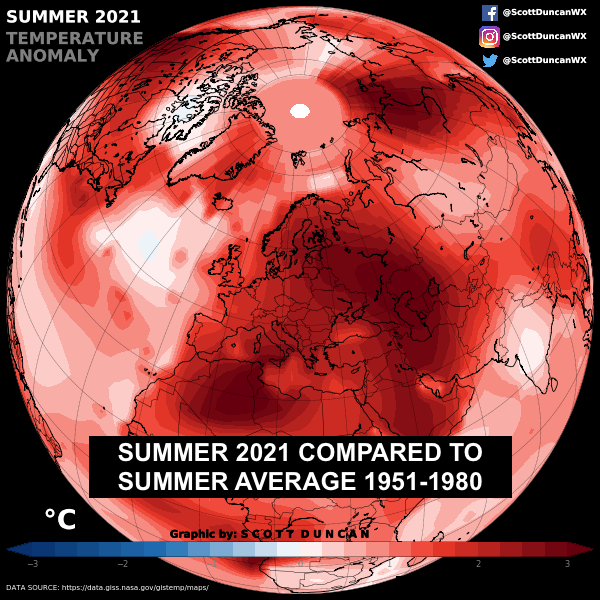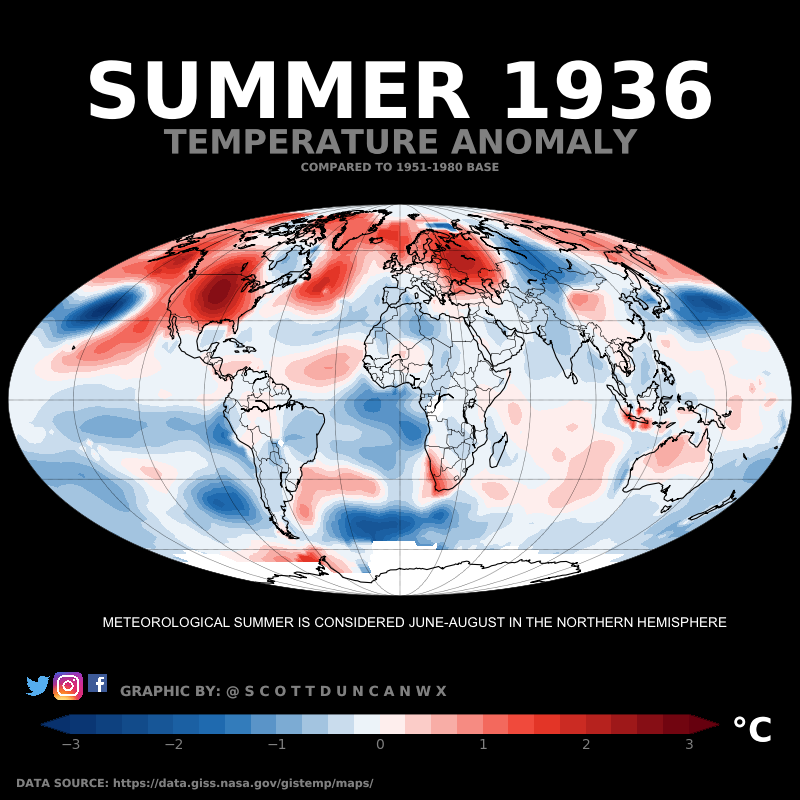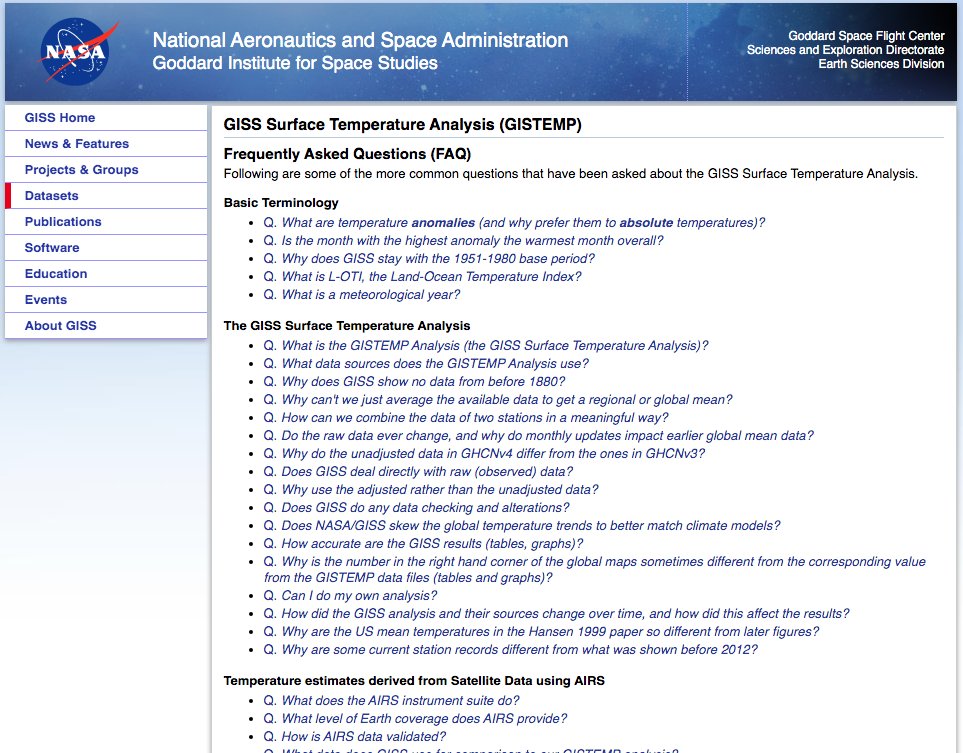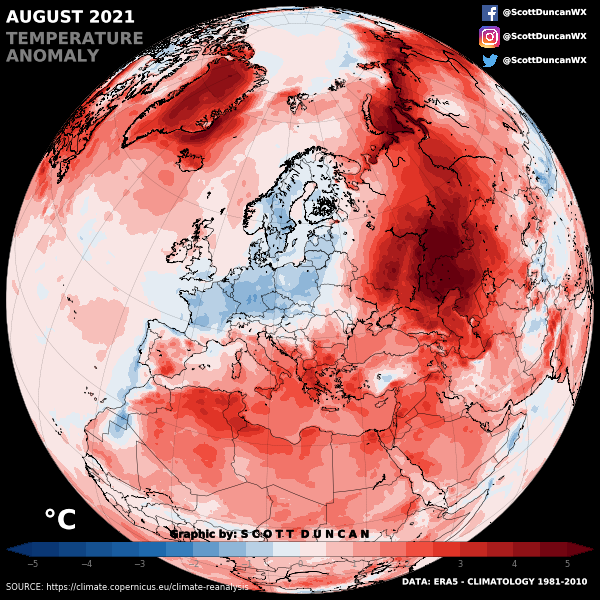
Wait for it...
Greenland Sea ice is at its lowest extent in recorded history right now.
Greenland Sea ice is at its lowest extent in recorded history right now.
The final frame in more detail next to the mapped ice extent and concentration via @NSIDC data.
Notice the median ice edge (1981-2010 average) for this time of year represented by the orange line.

Notice the median ice edge (1981-2010 average) for this time of year represented by the orange line.


Notice the high annual variability. I have plotted last year in yellow just to show how different extent can be year-on-year. Sea ice extent is driven by many factors.
Data available here goes back to the late 1970s.
Data available here goes back to the late 1970s.
The full Arctic sea ice is about 11th lowest extent on record.
More in this thread
More in this thread
https://twitter.com/ScottDuncanWX/status/1436663730092318720
Greenland Sea ice has been in uncharted territory for about 3 weeks now.
Thanks to @seaice_de for this zoom and info thread.
Thanks to @seaice_de for this zoom and info thread.
https://twitter.com/seaice_de/status/1439671333592387588
• • •
Missing some Tweet in this thread? You can try to
force a refresh


















